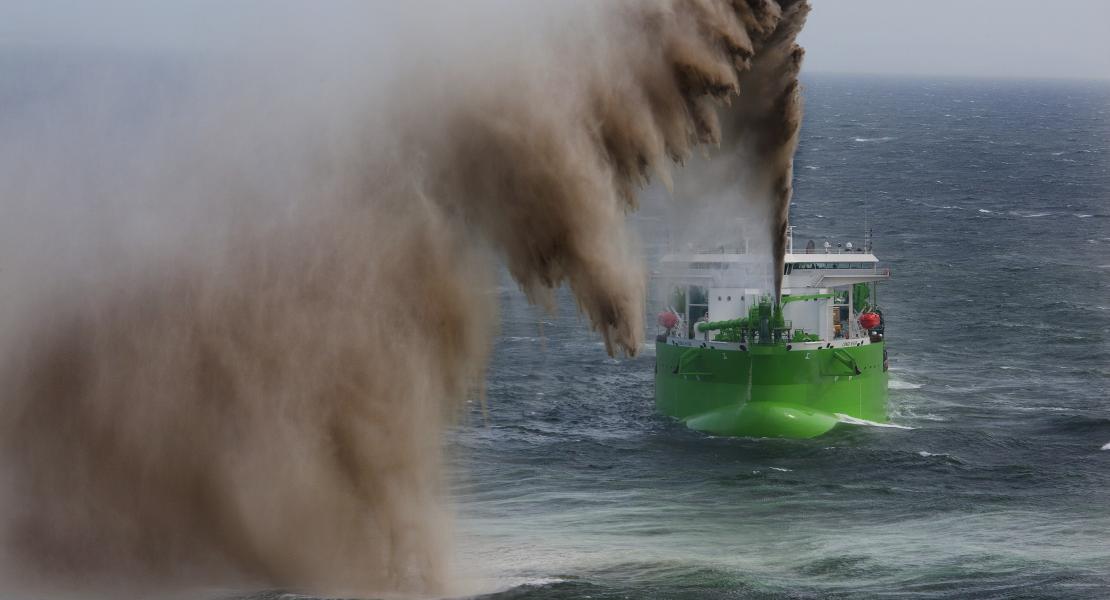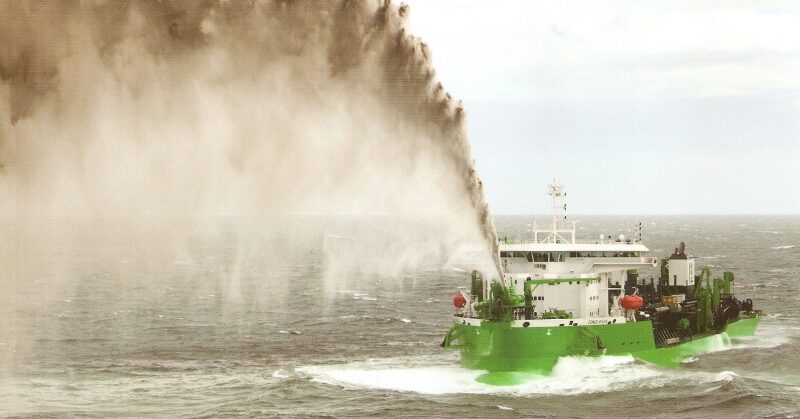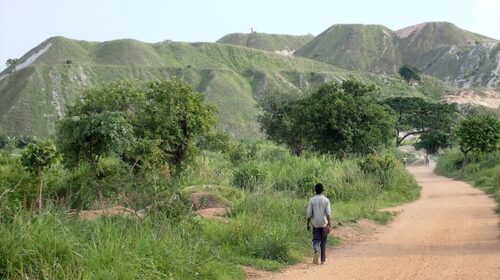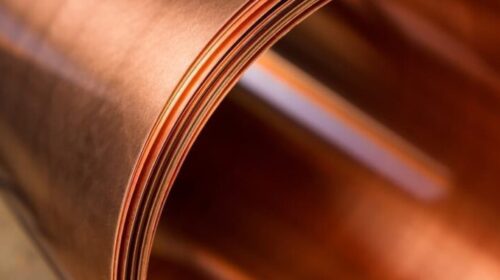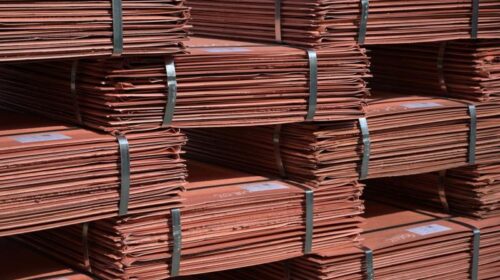Dredging the Congo River, a remedy to “fine-tuning” DRC’s economy | COVID-19 Response
Dredging the Congo River could be a remedy to “fine-tuning” DRC’s economy in the face of the current effects of Covid-19.
Great evils require great remedies. The Coronavirus pandemic has hit the global economy hard, with world commodity prices (minerals, wood, and oil) from which the DRC derives most of its revenues have, in turn, taken the path of a tumble since mid-March 2020. However, experts say the DRC has a local solution to “fine-tuning” its economy.
If by the end of April 2020, the Congolese victims of the Covid-19 were in terms of the dozens, those of hunger, unemployment, the financial crisis, the mediated consequences of coronavirus, would amount in terms to the thousands, given the pessimistic outlook of the Central Bank. There is every reason to believe that the DRC will be doubly affected by this crisis. Already, the country is totally dependent on the port of Pointe-Noire for the transport of containerized products to the western corridor, which happens to be its main gateway. And as if that were not enough, the restrictions on the processing hours of ships, due to the curfew imposed by the authorities of the Republic of Congo, are impacting food service to the DRC, causing considerable delays in the supply chain. But the DRC has a card up its sleeve to deal with the emergency and better deal with the crisis. “The socio-economic crisis requires emergency measures, applicable in a very limited time.
Opening the river to heavy traffic is within the DRC’s fast reach before the ambitious deep-water port project is completed. It’s about saving lives, famine, and creating new business and job opportunities,” says economist Médard Mbenga. In its wake, many experts are converging on the need for dredging and marking of the Congo River. This, not only to guarantee the supply chain of basic necessities in this time of crisis, but also when the activities of many companies resume at the end of this pandemic and, consequently, the phenomenon of anchorage of ships decried by all.
Indeed, the navigation route in the Boma-Malela section, called the rambling zone, does not offer the natural conditions required for the navigation of deep-sea boats due to the shallow depths recorded in this part of the river.
While awaiting to provide the country with a deep-water port, dredging in the area will allow deep-sea vessels direct access to the ports of Boma and Matadi in the short term and will significantly reduce the costs of food vessels. Moreover, and to the delight of consumers, this should contribute to lower prices for basic necessities since importers will no longer have to pay the transshipment costs. Faced with the blockage observed in the implementation of the public-private partnership (PPP) announced for the carrying out of dredging work in this area, the option for the Government to turn to another partner could prove to be the ideal solution to strengthen the resilience capacities of its economy.


